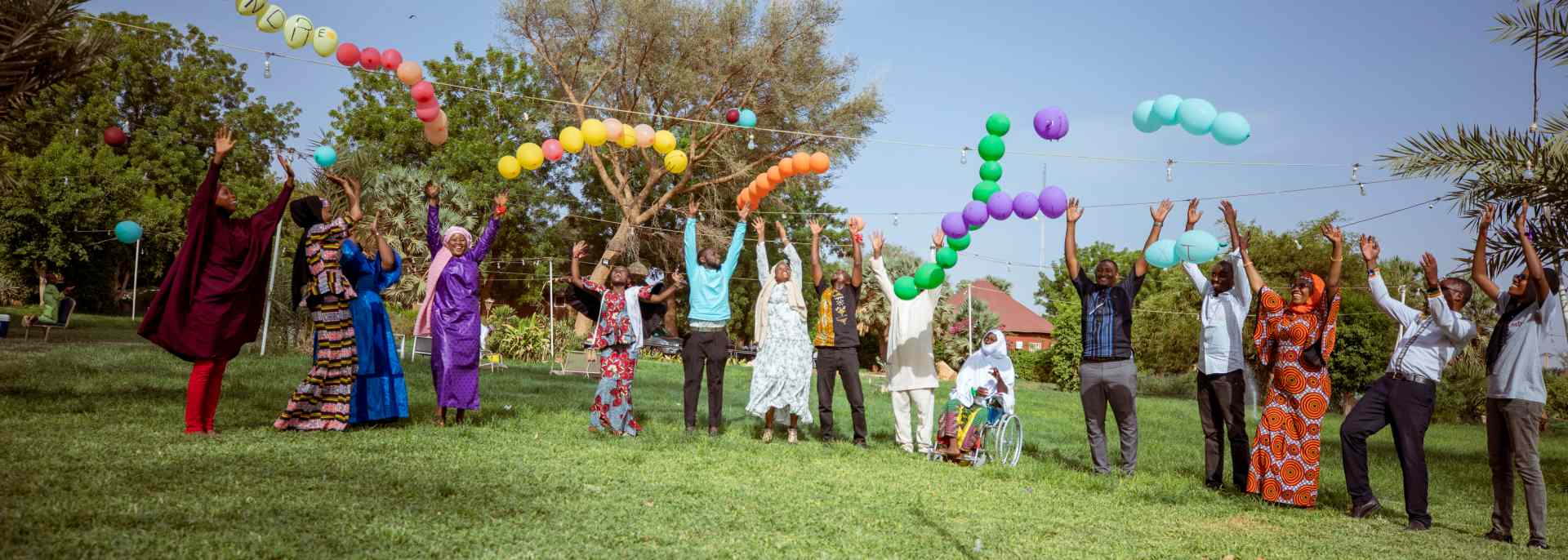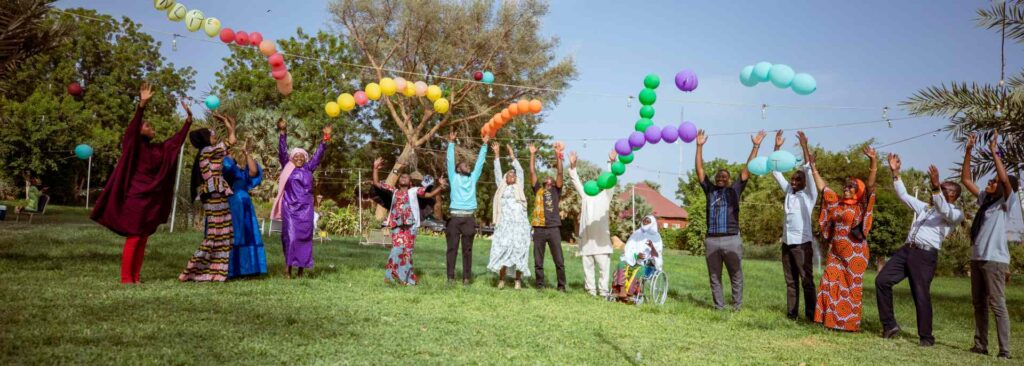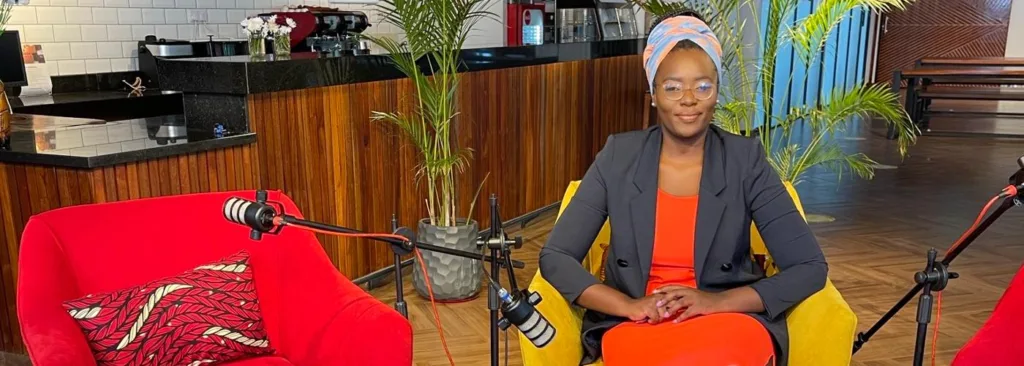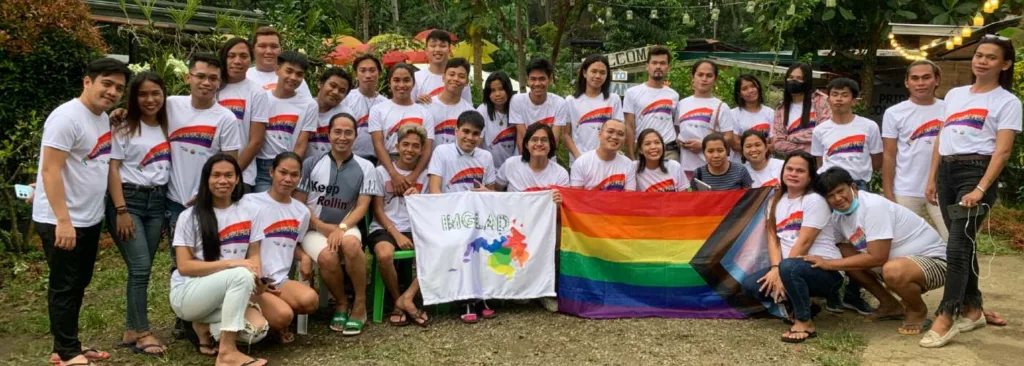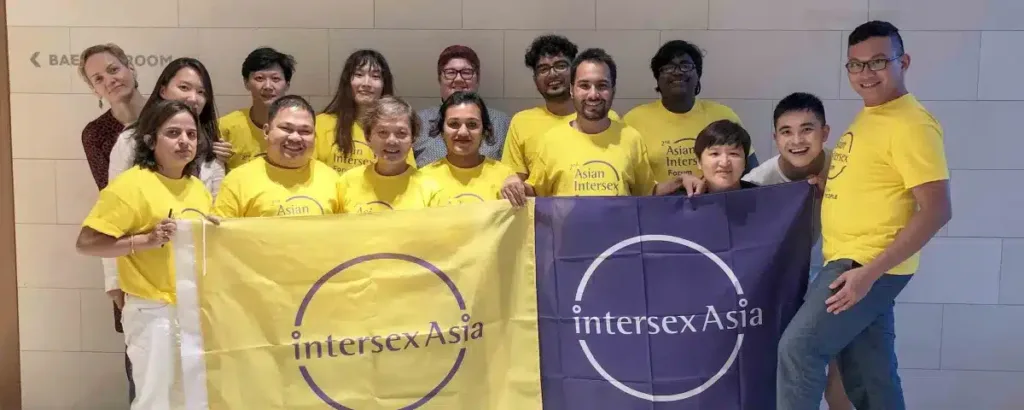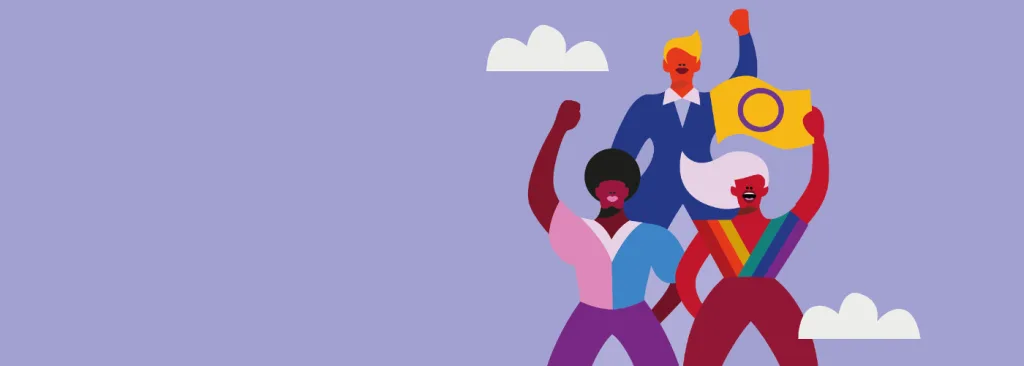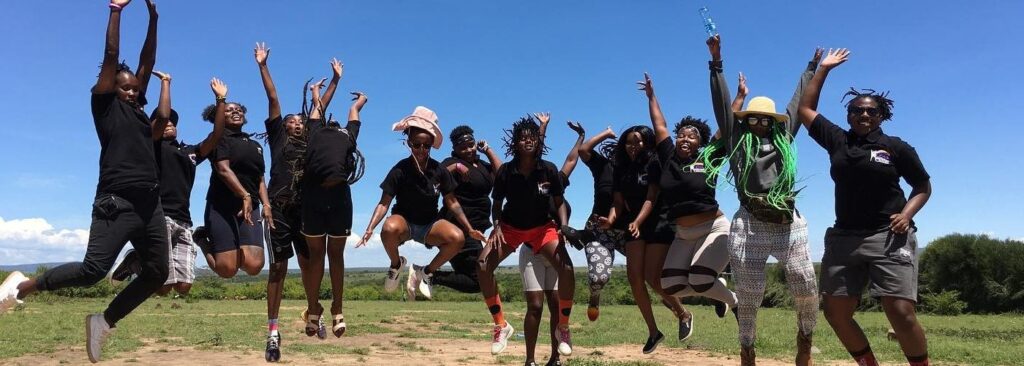This program has ended
745 projects that have made the world more inclusive
Over the last eight years, we have funded no fewer than 745 projects that contributed to inclusive change through our special Voice program. Each and every project was led by courageous individuals or small, ambitious organizations. Continue reading, or check the Voice Final Evaluation Report.
Voice, an innovative grant facility consortium led by Oxfam Novib and Hivos, supports marginalized or discriminated rightsholders and groups in their efforts to demand more responsive and inclusive societies.
Why is inequality a scourge? Who is most affected?
Inequality is a global problem. We see it in unfair income distribution, all forms of discrimination, and unequal access to food, social services, health care, and education. Inequality decreases space for political participation and citizen engagement, and reduces access to productive resources and employment. Finally, it prevents millions from participating in decision-making processes.
But some people are more affected and marginalized by inequality than others. For example: people with disability; LGBTIQ+ people; women facing exploitation, abuse or violence; vulnerable elderly and the youth; Indigenous people, and ethnic minorities. They must struggle hard to express their views, demand their rights, and get their voices heard. They are also at great risk when they try to do so, according to the UN Special Rapporteur on the rights to freedom of peaceful assembly and of association.
How Voice empowers vulnerable rightsholders
Voice is a consortium managed by Oxfam Novib and Hivos. It offers grants for grass-root groups and organizations that represent or support specific rightsholder groups and have difficulty getting funding. Voice’s grants fund projects promoting diversity and inclusion that, e.g. create safe spaces to meet, develop individual self-confidence and leadership skills, build civil society and media support for rightsholders’ demands, and advocate to influence policies and behavior. In Voice’s linking and learning sessions, diverse stakeholders share their experiences, test and scale innovative methods, and document lessons learned. The ten Voice country teams are supported by a decentralized Coordination Team in The Hague, Nairobi and the Philippines.
Where
Hivos: Kenya, Tanzania, Indonesia and Philippines. Total program includes Cambodia, Laos, Mali, Niger, Nigeria and Uganda.

